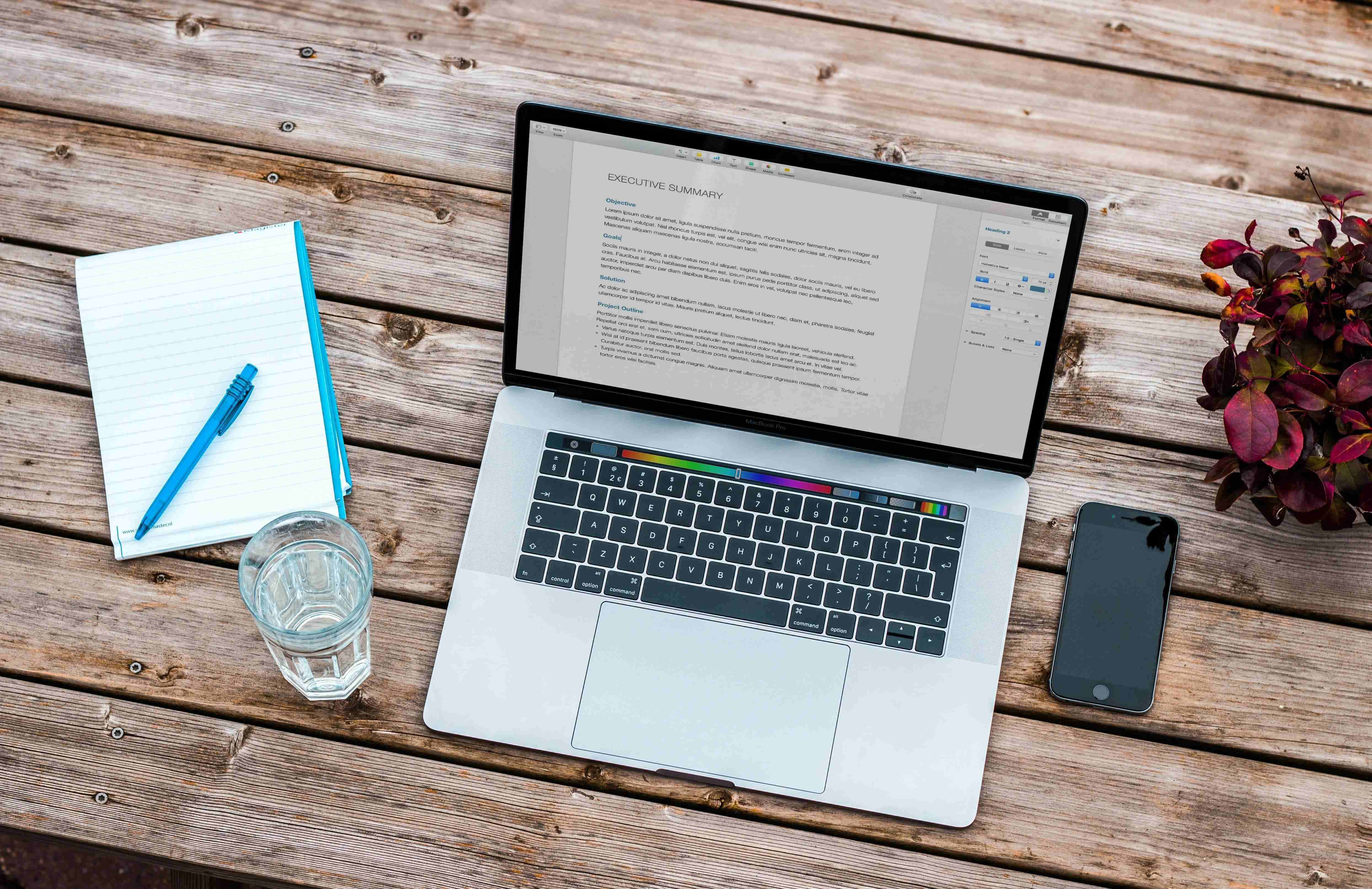
All

10 Effective Strategies for Coping with Anxiety
- Practice deep breathing: Taking deep breaths can help calm the nervous system. For example, try the 4-7-8 breathing technique where you inhale for 4 seconds, hold for 7 seconds, and exhale for 8 seconds.
- Stay active: Regular exercise, such as walking, yoga, or swimming, can reduce anxiety by releasing endorphins and providing a distraction from negative thoughts.
- Limit caffeine and alcohol: Both can worsen anxiety symptoms, so reducing or eliminating them from your diet can help manage anxiety.
- Get enough sleep: Lack of sleep can exacerbate anxiety, so establishing a consistent sleep schedule and practicing good sleep hygiene is important.
- Connect with others: Talking to friends, family, or a therapist can provide support and help put problems into perspective.
- Practice mindfulness and meditation: These techniques can help you stay grounded in the present moment and reduce anxious thoughts.
- Set realistic goals: Breaking tasks into smaller, achievable steps can help reduce feelings of being overwhelmed.
- Seek professional help: If anxiety is interfering with daily life, it's important to seek help from a mental health professional.
- Use relaxation techniques: Techniques such as progressive muscle relaxation or visualization can help calm the mind and body.
- Consider medication: In some cases, medication prescribed by a doctor may be necessary to manage anxiety symptoms.
Related Posts
© 2025 Invastor. All Rights Reserved

User Comments